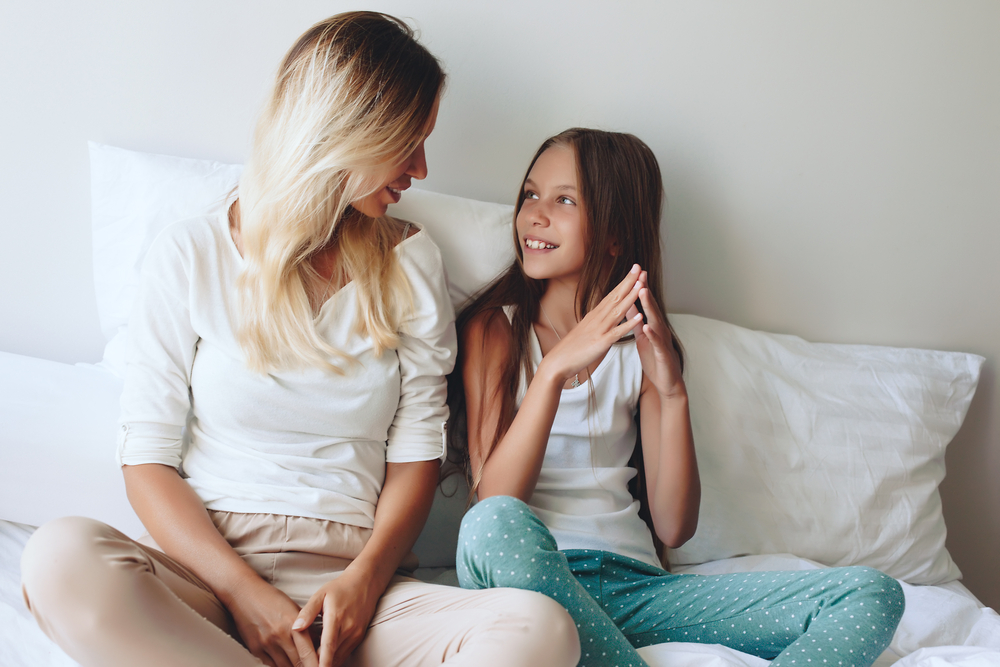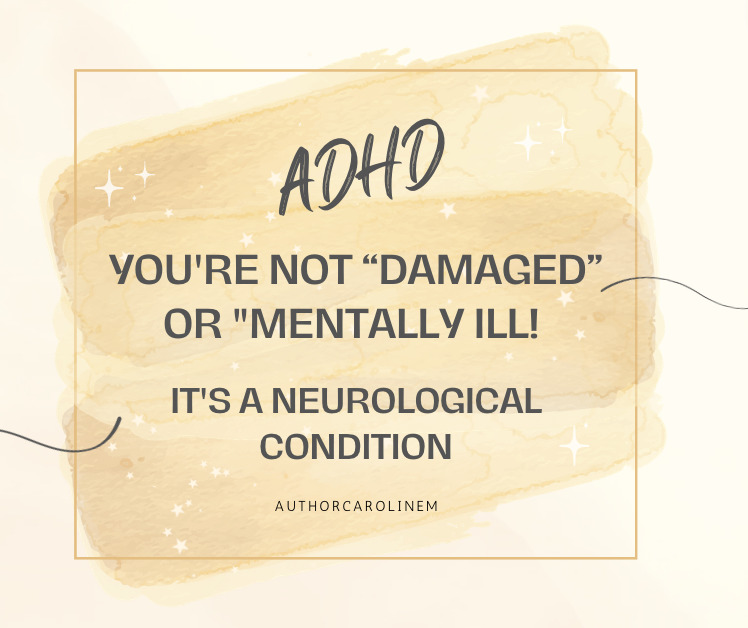How to Improve Social Skills in a Teen Who is Gifted or has Learning Differences

My Child is Lonely
Q: How can I improve social skills in a child who is gifted or has learning differences?
 I try to help my child make new friends, but she will not listen. She clings onto friends who don’t treat her well. It is so difficult to watch – again – the same mistakes that ultimately leave her in pain! When I manage the courage to discuss it, she screams, “I AM Fine, Thank you Very Much!” or “I’m OK! I don’t want to talk about it!” How can I improve social skills in my teen?
I try to help my child make new friends, but she will not listen. She clings onto friends who don’t treat her well. It is so difficult to watch – again – the same mistakes that ultimately leave her in pain! When I manage the courage to discuss it, she screams, “I AM Fine, Thank you Very Much!” or “I’m OK! I don’t want to talk about it!” How can I improve social skills in my teen?
Unfortunately, everything is not “OK”
A: Social isolation is excruciating! You know that despite his claims that he has plenty of friends – he doesn’t have the kind of positive friendships we want for our kids.
Spontaneous social interactions have been disrupted
This loss of social engagement may have impacted your child’s ability to learn and practice social skills naturally. Asking her to “reach out” may seem like a simple suggestion, but she may resist due to all the steps and time required to coordinate the invitation. It may also be that she has a thin social network and fears rejection.
Those with the greatest needs – children and teens with ADHD or 2e – have fewer opportunities to socialize
Usually those with the greatest needs – children and teens with ADHD or 2e – lack the social skills, maturity, executive functioning skills and self-awareness to makes friends and therefore have fewer opportunities to socialize. This social isolation produces a more negative impact than in their neurotypical peers.
5 Ways to Help Your Child Manage Social Relationships:
- Evaluate friendships – Help your child evaluate what makes an attractive friend and which steps are required to make and keep friends. Don’t single out a friend. Instead help your tween or teen recognize the steps necessary to connect. This will allow her to examine friendships in general. After all, even if that one friend is removed from the equation, the problem still remains.
- Explore the value of friendships – Unless the friendship is a dangerous one, take a conversational approach by asking him about his friends without judgment or harsh restrictions. Ask open-ended questions, such as “What do you enjoy doing with your friend?” “What do you like about him or her?” We want children to develop lifelong positive beliefs about how they should be treated and to choose positive friends who make positive choices.
- Empathize – Information is power, so regardless of what your child says, take a moment to breathe and listen. The larger goal is to gain your child’s trust, which is more important than any minor rule infraction. Help your child know that she can always feel comfortable coming to you, no matter what social problems she’s encountering, now or in the future.
- Don’t impose your goals – Ask and listen, don’t apply pressure nor assume you know the reasons for your child’s behavior. Getting your child to feel comfortable talking to you requires waiting, listening, and showing confidence that they have the capacity to learn and grow. If you try to push your agenda, you will likely get nowhere. By truly hearing your child’s perspective, you allow her to hold a mirror up to her views about friendship and evaluate them. This takes time, but it will have better results.
- Reflect, clarify and be curious – Paraphrasing what your child says and then repeating it back to him shows empathy and helps clarify your child’s concerns. By summarizing and repeating his statements, you allow your child to clarify, share more information, and to tell his interpretation of the statement. This curiosity invites him to be comfortable opening up to you.
Good social skills are essential for effective communication, but they don’t come easily.
The good news is that social skills, just like other skills, can be developed.
First help your child identify the reasons why they want to improve, and then practice and practice.
Deeper Dive:
My Child Can’t Make Friends & Keep Them – What is Wrong With Her?
7 Ways to Help Your Kid’s Rusty Social Skills Now That the Pandemic Is Winding Down
2 Upcoming, Relatable Summits
SENG -July 23 -25, 2021 – Virtual conference for gifted, talented and 2e community!
ADHD Parents’ Palooza – July 26 – 28, 2021, designed to educate, guide, and inspire parents of kids with ADHD all over the world.
DO This At Home!
For scripts, tools, advice and actionable exercises on helping children develop social skills, check out Why Will No One Play with Me? and How to SEL



